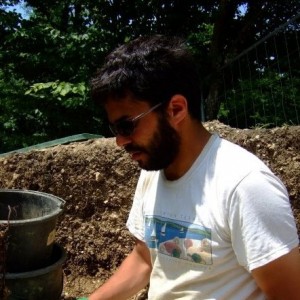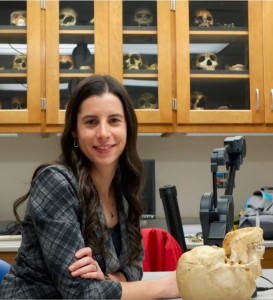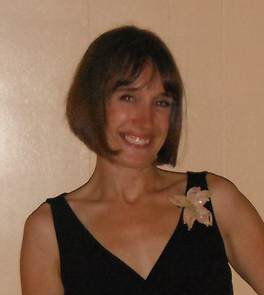The Institute of Peruvian Studies (IEP), one of the most prestigious research institutions on the social sciences in Latin America, announces the third season of its international field school in archaeological methods “Peruvian Central Coast”. Our field school offers training in mapping, survey and excavation techniques in the field as well as basic training via onsite workshops on statistical sampling in archaeology, bioarchaeological analysis, ceramic analysis and cataloguing, and lithic analysis. Prior experience in archaeological fieldwork is not required.
Continue reading Archaeological Field School Peruvian Central Coast
 The winner of the BAS Student Paper/Poster Award for 2013 is Marc Kissel (University of Wisconsin, Madison) for his paper, “Testing Genetic Models of Human Evolutionary History against the Anthropological Record.”
The winner of the BAS Student Paper/Poster Award for 2013 is Marc Kissel (University of Wisconsin, Madison) for his paper, “Testing Genetic Models of Human Evolutionary History against the Anthropological Record.”
